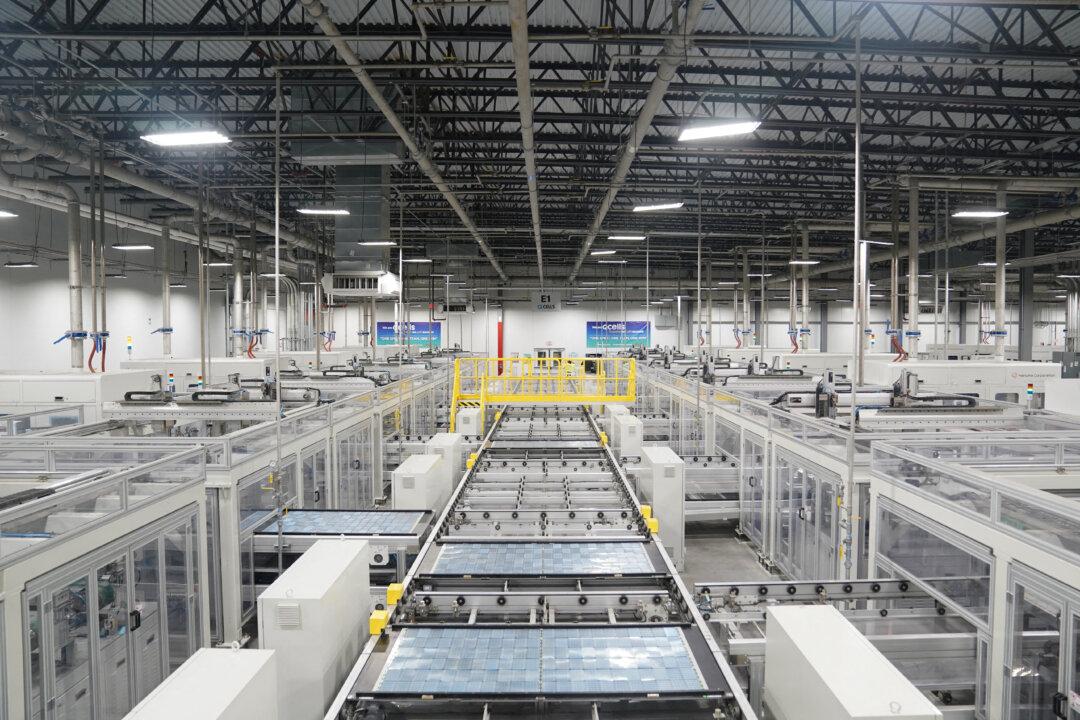The U.S. International Trade Commission (USITC) said on May 20 it has determined that the solar industry is threatened with material injury by subsidized imports from Southeast Asian countries, warranting tariffs.
The American Alliance for Solar Manufacturing Trade Committee had brought the challenge before the USITC in April 2024 against solar cells imported from Cambodia, Malaysia, Thailand, and Vietnam, arguing that China-backed solar companies manufacturing in Southeast Asian countries were dumping products onto the American market.





